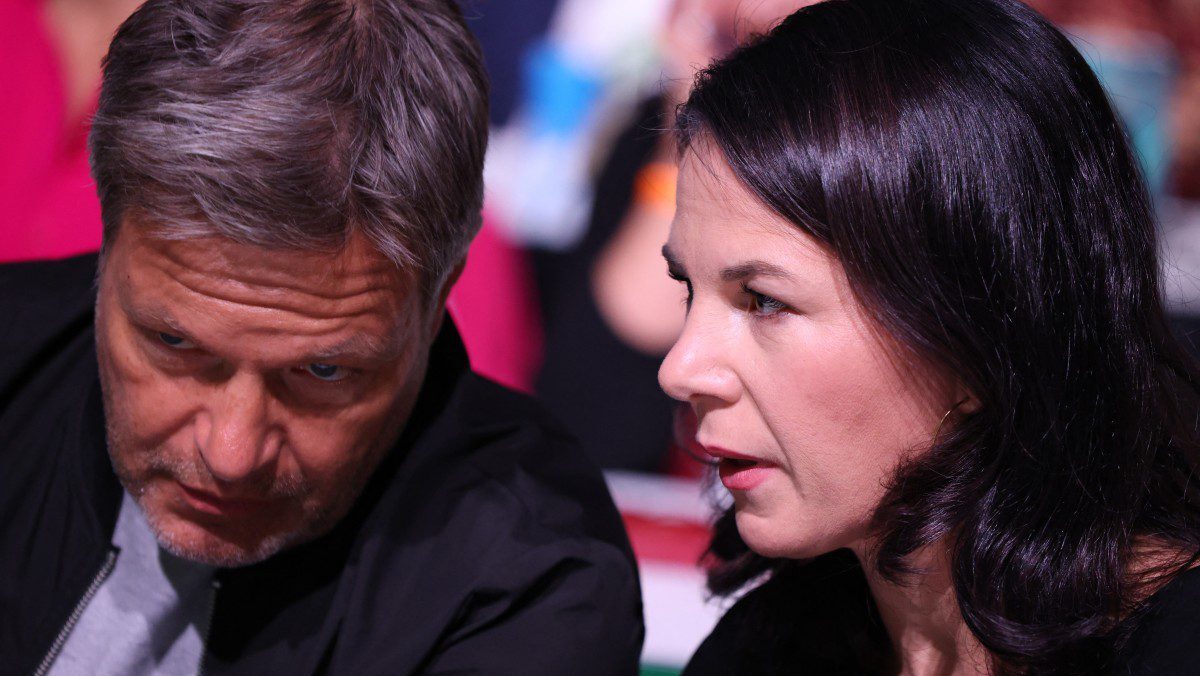
German Vice Chancellor Wants To Censor Social Media After Being Ridiculed Online
Recent police raids over satirical memes highlight the growing erosion of free speech in the country.

Recent police raids over satirical memes highlight the growing erosion of free speech in the country.
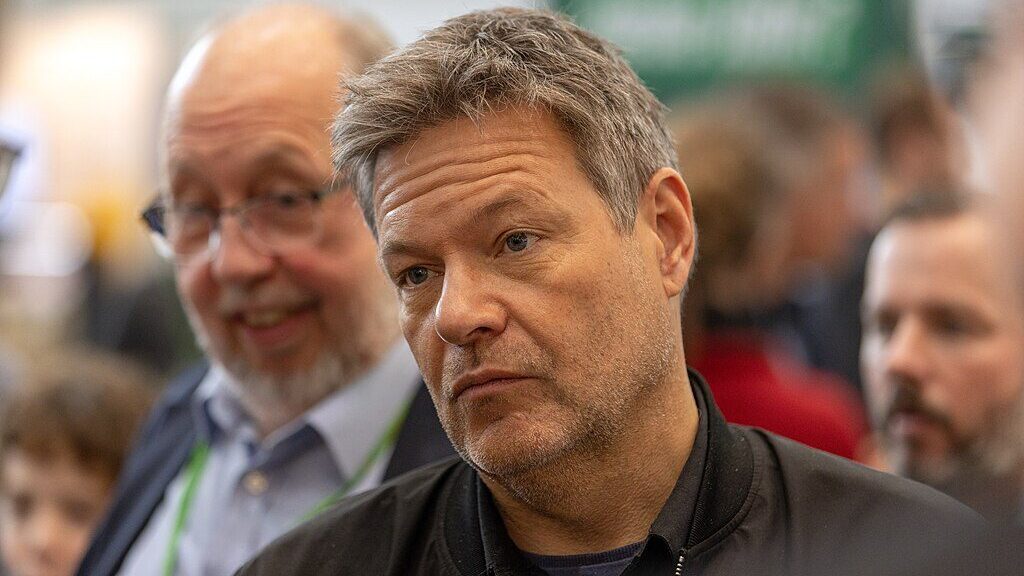
A meme mocking Robert Habeck sparked a dawn raid, raising free speech fears.

With Germany’s economy struggling and political support waning, the chancellor faces mounting pressure as coalition leaders clash.

AfD co-leader Alice Weidel said Germany needs “a government that can stop the economic collapse of our country” as the opposition calls for early elections.
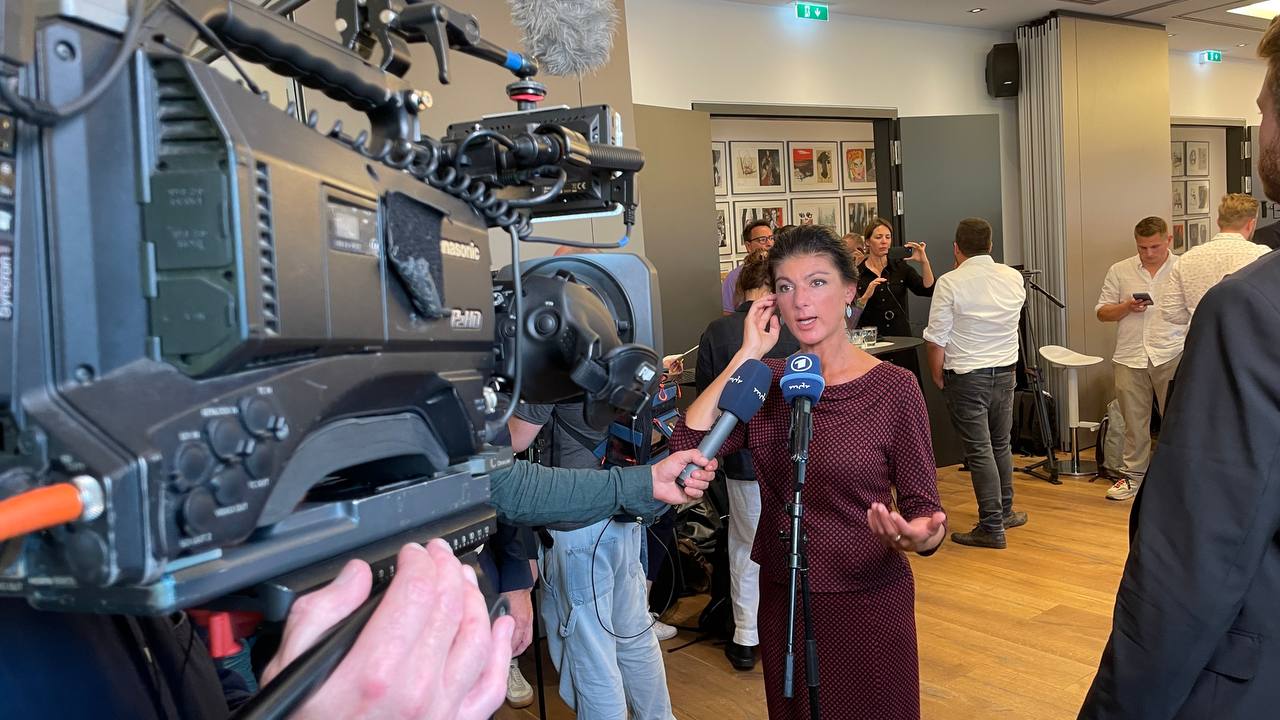
Green Party’s Robert Habeck accused pro-peace parties of being “paid directly by Russia and Beijing.”
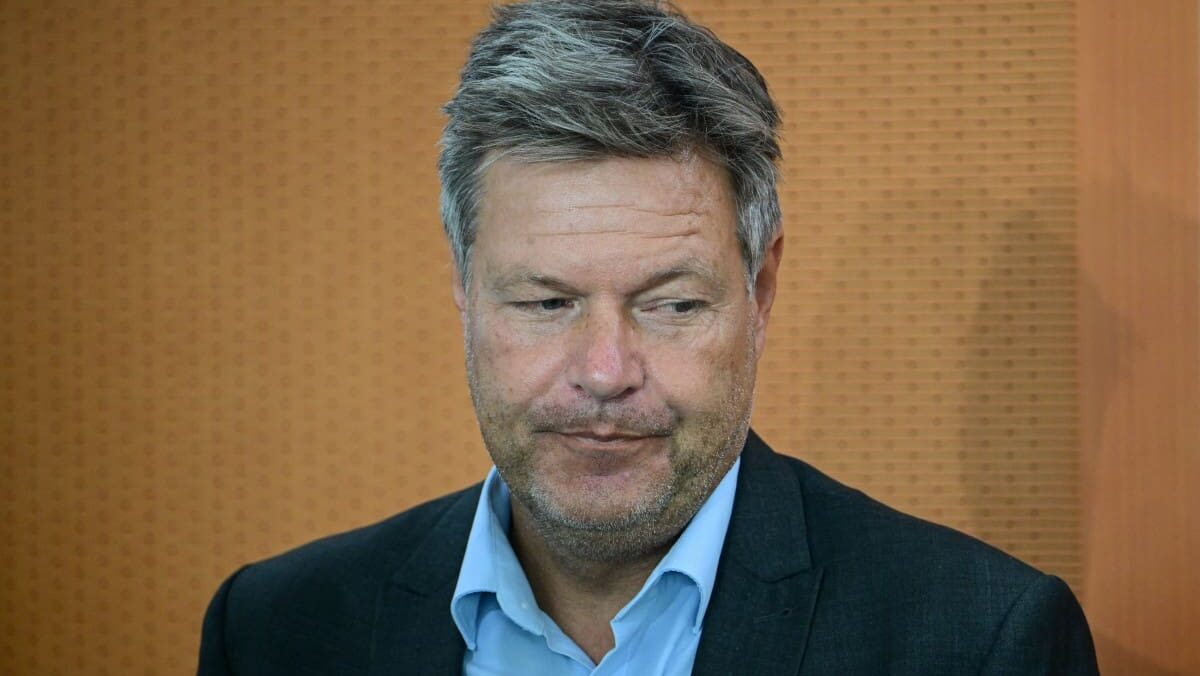
After Scholz’s utterances on irregular migration, Habeck and Lauterbach are under fire for their bogus claims.
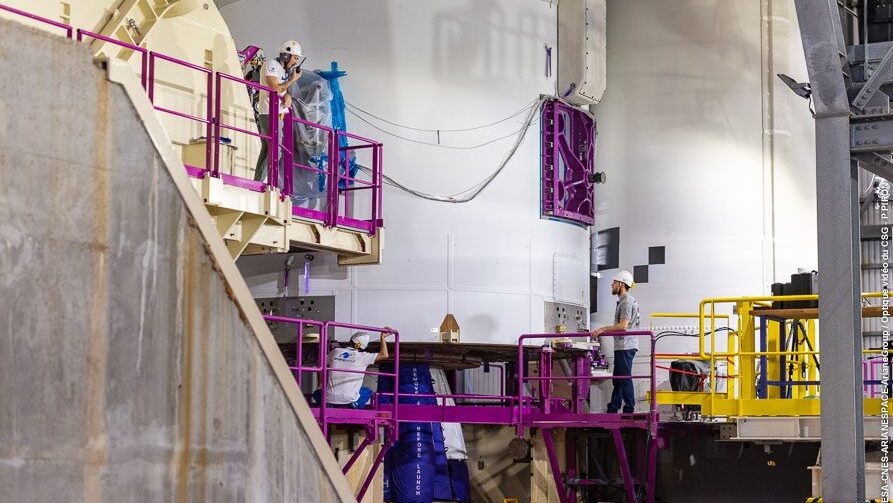
€5 billion of overspending and allegations that the scheme is favoring French industry have caused a war of words between Paris, Berlin, and the European Commission.
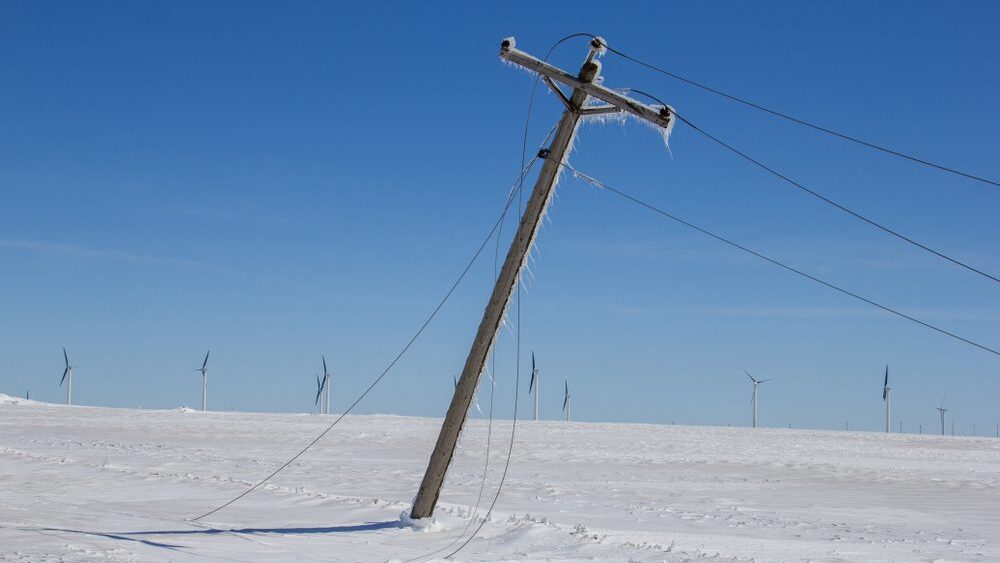
With facts and logic speaking against the green transition, countries headed for an economic recession should urgently rethink their energy policies.
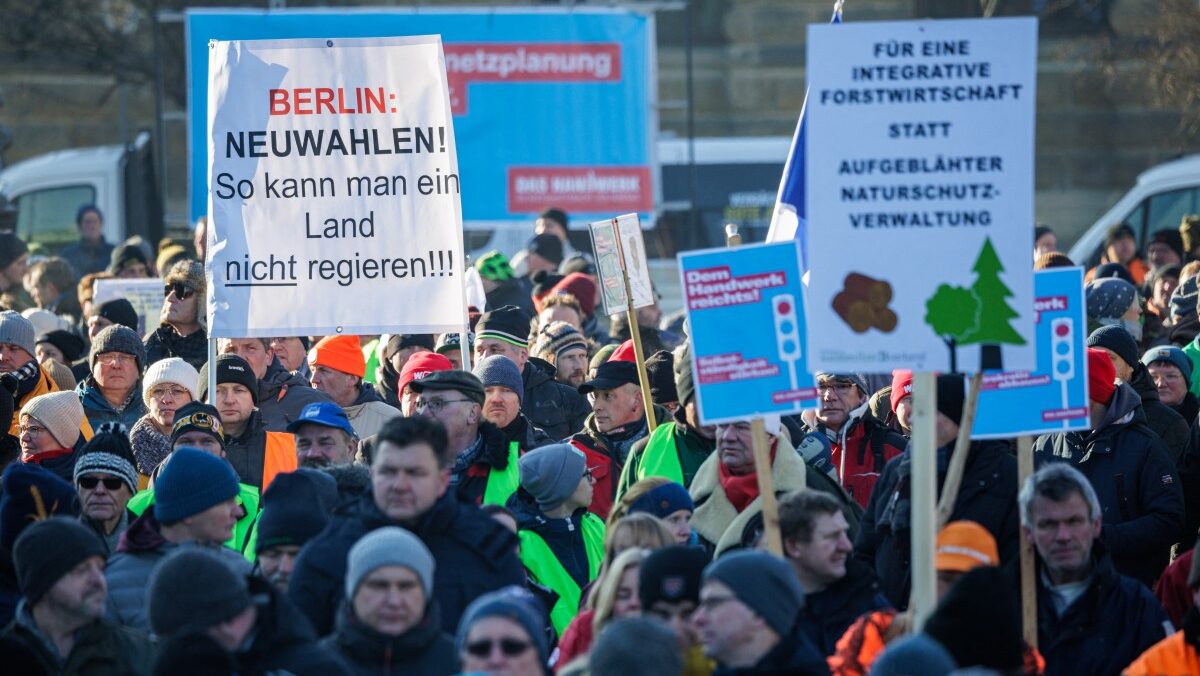
German police union chief dismisses allegations of ‘far-right infiltration’ as “malicious.”

Outraged by his coalition’s tax burdens, farmers confronted Robert Habeck, who fled the scene in a ferry.